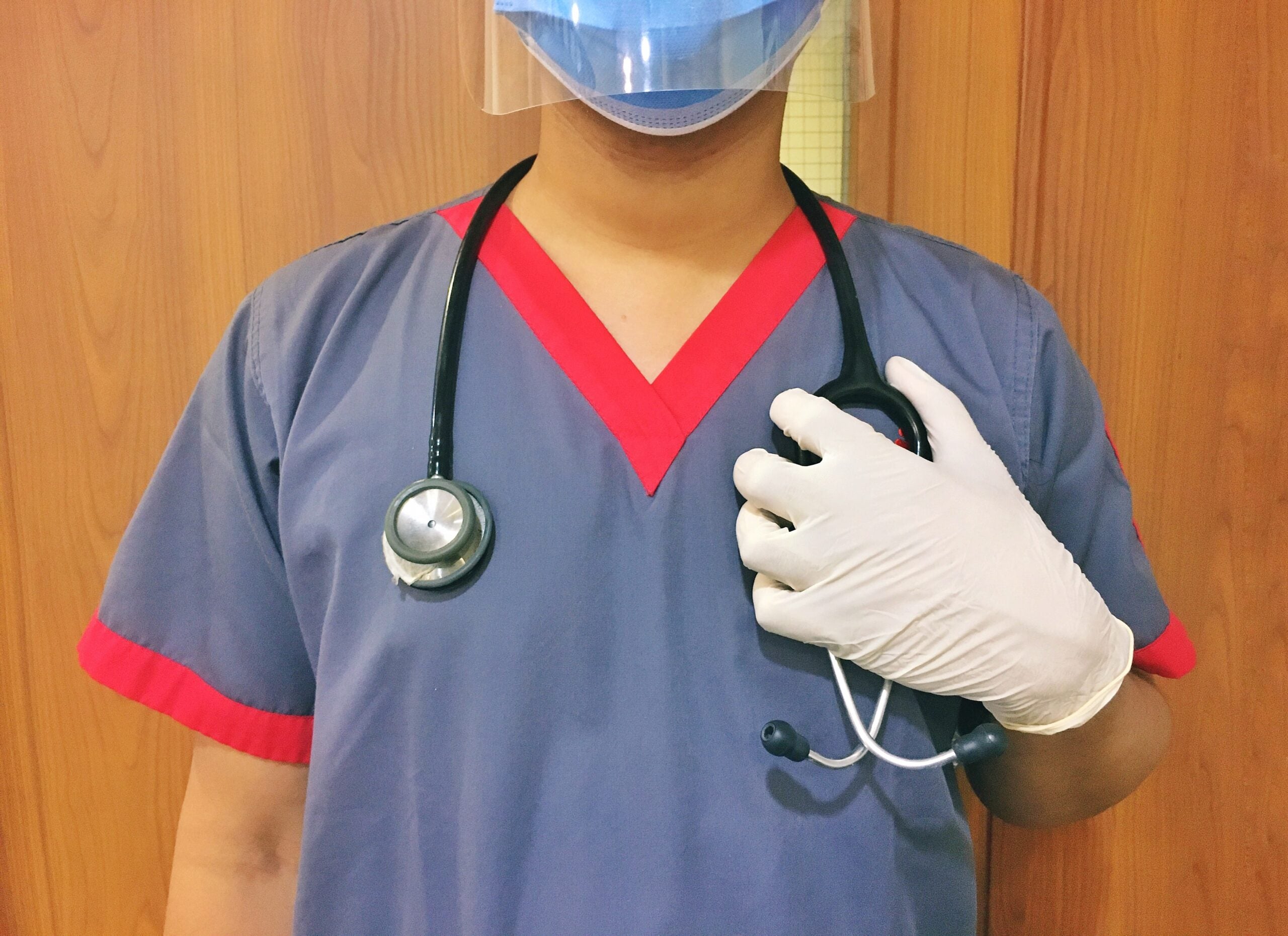Georgetown Ethicist Collaborates with Physicians to Create Moral Framework for Elective Surgeries During COVID-19
When hospitals and clinics set out to define what “elective” surgeries should be conducted in the midst of a pandemic wave, officials should establish a moral framework that considers individualized care, says a Georgetown team of clinicians and a philosopher.
The group makes the case in an article, “Approaching “Elective” Surgery in the Era of COVID-19” published in the Journal of Hand Surgery, and says it helps lay the foundation for other medical practices in the future.
The two senior authors of the article also share the name Michael Kessler, in addition to their mutual desire to engage in cross-campus research collaborations.
Handling Elective Surgery
The coronavirus pandemic created new challenges for the healthcare system. As cases increased and hospitals reached capacity, healthcare workers began evaluating surgical needs and suspended those deemed to be elective.
Michael J. Kessler, Ph.D., J.D., Michael W. Kessler, M.D. M.P.H., third-year medical student Philip Nelson (G’18, M’22) and fourth-year resident Stephen Lockey (G’17, M’17), the paper’s lead author, realized that due to the unprecedented nature of the virus, what qualified as elective hand surgery should be examined not merely on a surgical basis, but on a moral one as well.
After drafting an article that laid out how the hospital guidelines ought to be developed from a clinical perspective, the doctors reached out to Michael J. Kessler, an ethics professor in the Department of Government and Theology and Religious Studies and managing director of the Berkley Center for Religion, Peace, and World Affairs, to develop the moral framework. He used the widely developed model developed by Kennedy Institute of Ethics professor Tom Beauchamp to create an implementable system.
Michael J. Kessler, an ethics professor, explained that this was important to develop as what may be acceptable for a delay in one situation might be very detrimental in another.
“For example, if you’re a 75-year-old retiree and you have an impacted tennis game due to a medical issue with your wrist, it’s different than if you are a 45-year-old day laborer who may not be able to earn an income after that point if you delay,” he says. “That is where our moral calculation comes into play.”
In their framework, the team outlined three considerations that must be evaluated before determining whether or not an individual surgery is elective or not.
“First, a safe delay is possible only if deferral will not result in permanent injury,” says physician Michael W. Kessler, chief of Hand & Elbow Surgery in the Department of Orthopaedic Surgery. “Second, a delay in care will come with tolerable costs and impositions that can be appropriately managed in the future. Third, a safe delay will preserve the bioethical principle of patient autonomy.”
The group used three case study examples that consider individual patient characteristics and the pathophysiology of the condition.
They have begun to examine other areas where their framework can be applied in medicine. Michael J. Kessler says that this collaboration allowed him and his colleagues to think about an issue through a multipronged approach.
“What this demonstrated for me is how much opportunity there is for cross-campus cross-discipline conversations to take place,” he says. “It’s good to cast a wider net than the usual conversation partners, and I look forward to further interdisciplinary research with Michael W. Kessler in the future.”
-by Shelby Roller (G’19)
